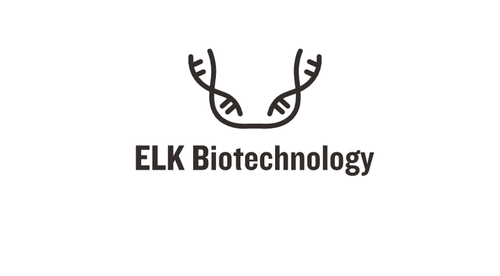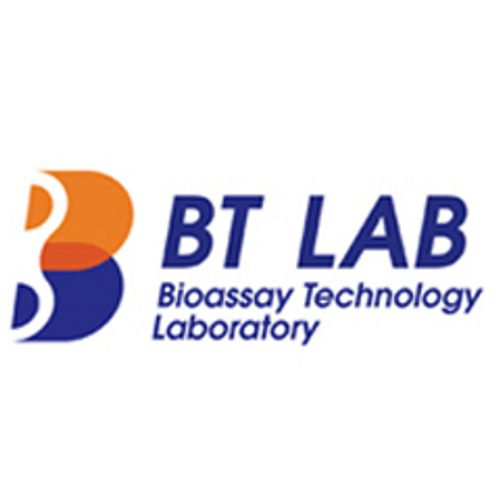Product Description
Mouse Mothers against decapentaplegic homolog 1 (SMAD1) ELISA Kit | AE18185MO | Abebio
Species Reactivity: Mouse (Mus musculus)
Abbreviation: SMAD1
Alternative Name: BSP1; JV4-1; JV41; MADH1; MADR1; MAD; mothers against decapentaplegic homolog 1|Mad-related protein 1|SMAD; mothers against DPP homolog 1|Sma- and Mad-related protein 1|TGF-beta signaling protein 1|
Application: ELISA
Range: 0.312-20 ng/mL
Sensitivity: 0.125 ng/mL
Intra-Assay: ≤5.6%
Inter-Assay: ≤10.6%
Recovery: 1, 04
Sample Type: Serum, Plasma, Other biological fluids
Detection Method: Sandwich
Analysis Method : Quantitive
Test Principale: This assay employs a two-site sandwich ELISA to quantitate SMAD1 in samples. An antibody specific for SMAD1 has been pre-coated onto a microplate. Standards and samples are pipetted into the wells and anySMAD1 present is bound by the immobilized antibody. After removing any unbound substances, a biotin-conjugated antibody specific for SMAD1 is added to the wells. After washing, Streptavidin conjugated Horseradish Peroxidase (HRP) is added to the wells. Following a wash to remove any unbound avidin-enzyme reagent, a substrate solution is added to the wells and color develops in proportion to the amount of SMAD1 bound in the initial step. The color development is stopped and the intensity of the color is measured.
Product Overview: belongs to the SMAD, a family of proteins similar to the gene products of the Drosophila gene 'mothers against decapentaplegic' (Mad) and the C. elegans gene Sma. The name is a combination of the two. It was found that a mutation in the 'Drosophila' gene, MAD, in the mother, repressed the gene, decapentaplegic, in the embryo. The phrase "Mothers against" was added as a humorous approach since mothers often form organizations opposing various issues eg. This protein mediates the signals of the bone morphogenetic proteins, which are involved in a range of biological activities including cell growth, apoptosis, morphogenesis, development and immune responses. In response to BMP ligands, this protein can be phosphorylated and activated by the BMP receptor kinase.
Stability: The stability of ELISA kit is determined by the loss rate of activity. The loss rate of this kit is less than 5% within the expiration date under appropriate storage condition. The loss rate was determined by accelerated thermal degradation test. Keep the kit at 37°C for 4 and 7 days, and compare O.D.values of the kit kept at 37°C with that of at recommended temperature. (referring from China Biological Products Standard, which was calculated by the Arrhenius equation. For ELISA kit, 4 days storage at 37°C can be considered as 6 months at 2 - 8°C, which means 7 days at 37°C equaling 12 months at 2 - 8°C) .
 Euro
Euro
 USD
USD
 British Pound
British Pound
 NULL
NULL












